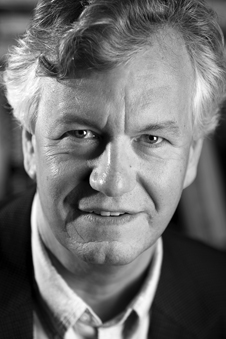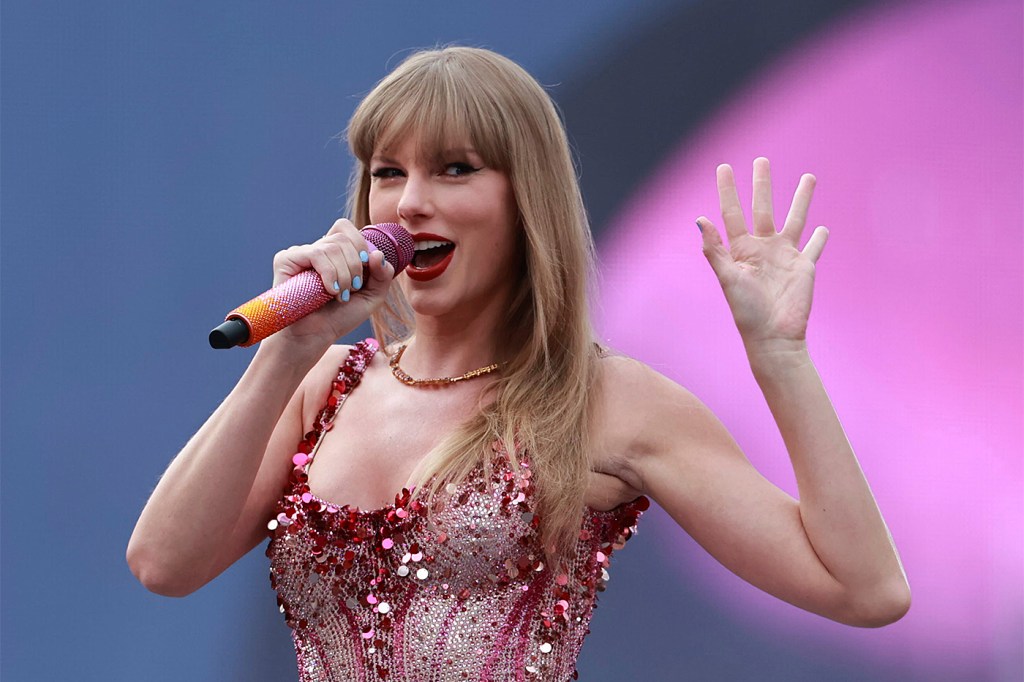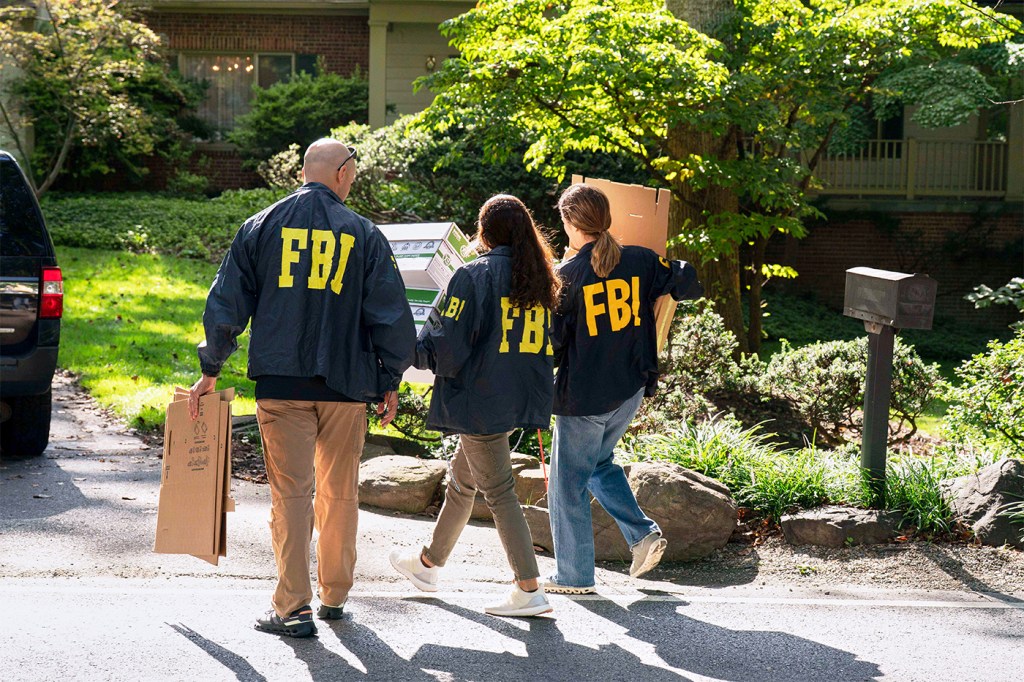3Qs: Shaping the election through the media

On Monday, Republican presidential candidate Herman Cain appeared on CNN to defend himself against a forthcoming accusation by an Atlanta businesswoman that the two engaged in an extramarital affair for more than a decade. The move appeared to be a last ditch effort by Cain to salvage his campaign, which was put in a precarious position after allegations of sexual misconduct first surfaced last month in an investigative report by Politico. We asked Alan Schroeder, an associate professor of journalism who has written about a variety of media-related topics for Politico, The New York Times and The Washington Post, to analyze the role of the media in the 2012 GOP primary election.
What is the best communication channel through which GOP presidential candidates should try to disseminate their messages? How much of a positive or negative impact can viral videos have on candidates in the 2012 campaign?
No single communication tool can accomplish everything a presidential candidate needs to accomplish, so the best strategy for getting out one’s message involves a broad and varied mix of methods — everything from traditional media and paid advertising to YouTube channels and tweets. Of course, no candidate can completely control his or her message, which means that campaigns must be flexible enough to respond to things that blow up out of nowhere, like viral videos. The effect of these varies greatly. Probably the most dangerous are clips from popular comedy shows such as “Saturday Night Live,” “The Colbert Report” and “The Daily Show with Jon Stewart,” because they are widely circulated and because they don’t hesitate to ridicule the office-seekers.
Last week, The New Hampshire Union Leader endorsed Newt Gingrich for the Republican presidential nomination. How much clout do newspaper endorsements have with voters in influential primary states?
Newspaper endorsements don’t normally move votes, but they do help solidify a candidate’s standing, not just with the electorate but with donors and political reporters too. New Hampshire is somewhat unique in that it’s a small state where the Union Leader has traditionally played an outsized role. Nonetheless, the paper has endorsed a number of presidential candidates over the years who did not meet with success. The interesting thing about this year’s endorsement is that it represents a major slap in the face for Mitt Romney, who has been positioning himself as the favorite son because he has a second home in New Hampshire and was governor of the state next door.
A study by the Pew Research Center’s Project for Excellence in Journalism found that Republican presidential hopeful Ron Paul has received less news coverage than GOP rivals Jon Huntsman and Rick Santorum, who garner roughly 2 percent of support in national polls. How does the media choose which candidates to cover? Why do you think Paul has been passed over by major news outlets?
The tendency among political reporters is to prefer the new over the old. Having been down this road before, Ron Paul is a less appealing subject to journalists than his fresher alternatives. Unfortunately for Paul, the fact that he receives limited coverage hampers his ability to rise in the polls, which in turn gives the media an excuse for ignoring him. He’s caught in a bit of a trap, and there’s not much he can do about it.





